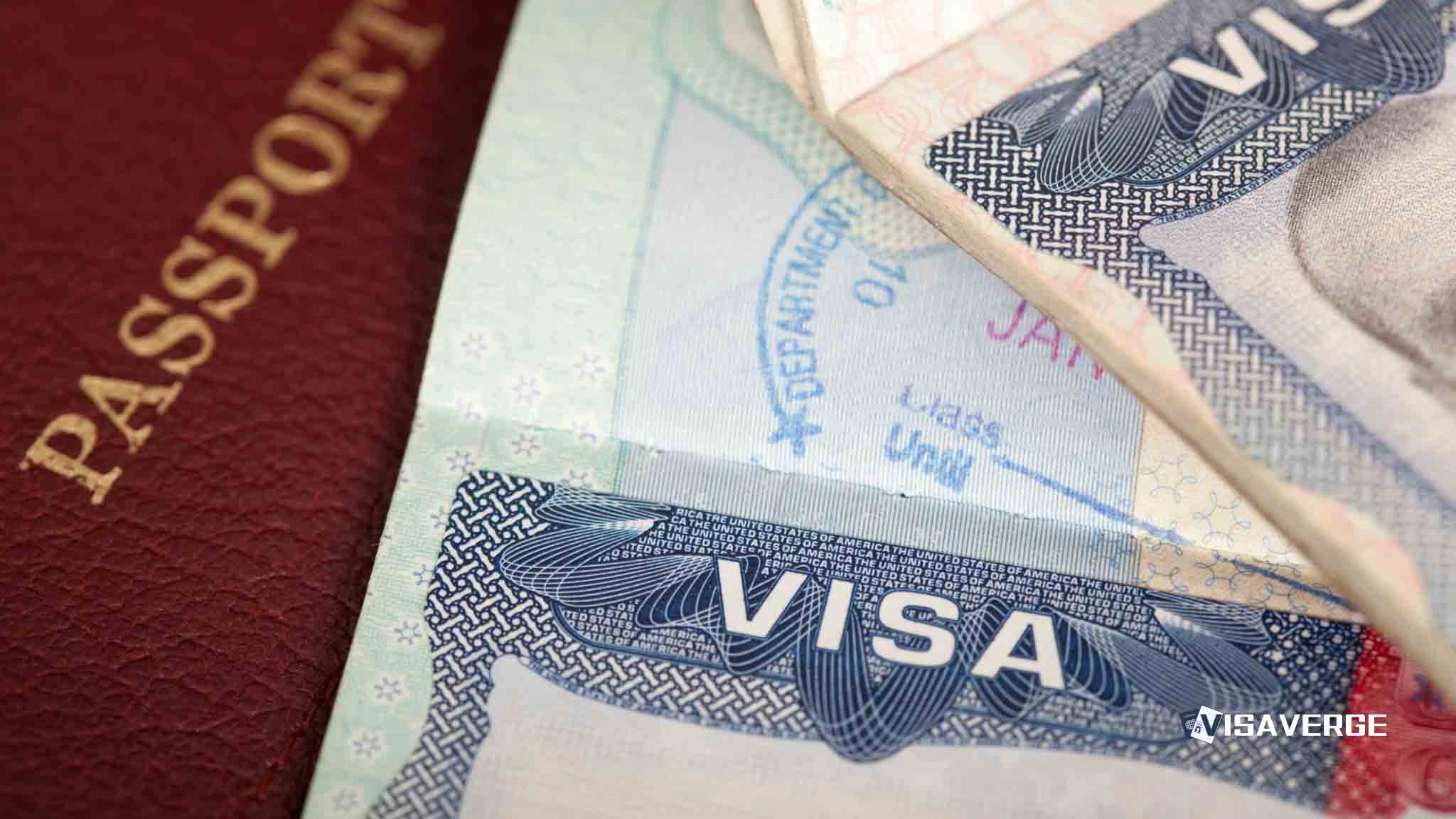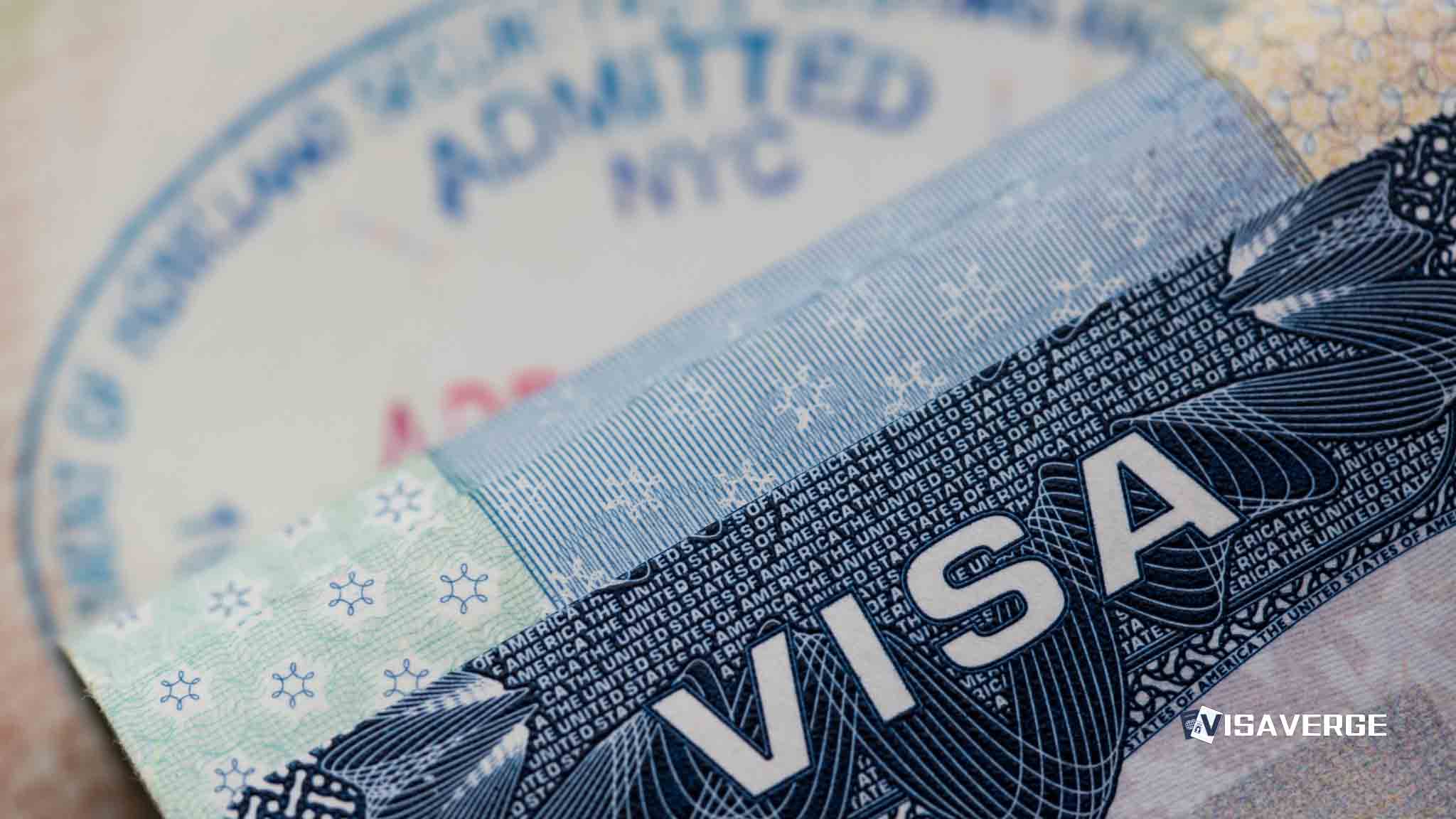Understanding PERM Denial and Its Impact
Applying for legal employment-based immigration in the United States involves a complex process known as PERM (Program Electronic Review Management). This process is essential for many foreign nationals seeking to live and work in the U.S. However, both employees and employers face risks if a PERM application is denied. Understanding these risks can help mitigate potential negative consequences for all parties involved.
The Consequences of PERM Denial for Employers
For employers, a PERM denial can have a range of immigration consequences. For instance, it can disrupt plans for business operations that depend on the specialized skills of foreign workers. Here are some implications for employers:
- Lost Investment: Employers invest significant time and resources in the PERM process, including advertising jobs and administrative fees. A denial means that this investment goes to waste.
- Operational Delays: Without the necessary workforce, projects and growth can be stalled, affecting the company’s bottom line and strategic plans.
-
Future Hiring Challenges: A history of PERM denials might raise red flags during subsequent immigration processes, making future work visa application issues more likely.
The Impact on Employees After PERM Denial
Employees also face severe setbacks if their PERM application is denied:
- Disrupted Career Paths: Many employees count on a successful PERM process for long-term job security in the U.S. A denial can mean the loss of a significant career opportunity.
- Status Limbo: Those already in the U.S. on a temporary visa may find their status jeopardized, leading to uncertainty and stress.
-
Reapplication Uncertainty: Even with the possibility of reapplication, there’s no guarantee of success, and the process is arduous.
Navigating Work Visa Application Issues
A PERM denial can complicate an individual’s future attempts to secure a work visa. Various factors contribute to these issues, including:
- Stringent Scrutiny: Subsequent applications may undergo more rigorous examination, increasing the likelihood of additional denials.
- Limited Options: The denial can limit alternative visa options, as the individual’s immigration history is taken into account for other types of work visas.
-
Time Constraints: Visa applicants may be working against the clock, as some visas have time-sensitive eligibility.
Mitigating the Risks Associated with PERM Denial
Employers and employees alike can take steps to reduce the risks associated with PERM denial. It’s crucial to:
- Ensure meticulous compliance with all Department of Labor (DOL) regulations.
- Maintain accurate and comprehensive documentation throughout the PERM process.
- Seek assistance from experienced immigration attorneys who can navigate the complexities of immigration law.
Seeking Expert Advice
Given the high stakes involved in the PERM process, consulting with legal experts who understand the nuances of immigration law is essential. Immigration attorneys can offer guidance on best practices and potential remedies in the event of a PERM denial.
For accurate and up-to-date information, referring to official sources such as the U.S. Department of Labor’s Foreign Labor Certification page can be invaluable.
Conclusion
A PERM denial is not just a setback; it can have long-ranging consequences for both employers and employees. By remaining informed about the potential risks and taking proactive measures to mitigate them, employers and employees can navigate the immigration system more confidently. With careful planning and professional guidance, the impact of a PERM denial can be managed and even overcome.
So, there you have it! The wild world of PERM denials and their impact. Don’t let the risks scare you though, my friend. Remember, knowledge is power! If you want to dive deeper into this fascinating topic, head on over to visaverge.com. They’ve got all the latest info and expert advice to help you navigate the treacherous waters of the immigration system. Safe travels, my fellow tech enthusiasts!
FAQ’s to know:
FAQ 1: What are the consequences of PERM denial for employers?
Answer: PERM denial can have various immigration consequences for employers. It can result in lost investment as employers invest significant time and resources in the process. They may also face operational delays and challenges in future hiring due to red flags raised by previous denials during subsequent immigration processes.
FAQ 2: What are the setbacks faced by employees after PERM denial?
Answer: PERM denial can disrupt employees’ career paths, causing the loss of significant job opportunities and long-term job security in the United States. It can also jeopardize their status if they are already in the US on a temporary visa, leading to uncertainty. Additionally, reapplication after denial offers no guarantee of success and is a demanding process.
FAQ 3: How does PERM denial complicate future work visa applications?
Answer: After a PERM denial, future work visa applications may undergo more stringent scrutiny, increasing the chances of additional denials. Additionally, alternative visa options may be limited due to an individual’s immigration history, and time constraints may be a factor, as some visas have time-sensitive eligibility. It is crucial to seek guidance from experienced immigration attorneys and navigate the complexities of immigration law to mitigate the risks associated with PERM denial.
What did you learn? Answer below to know:
-
True or False: PERM denial can disrupt an employer’s business operations and future workforce planning.
-
What are some potential consequences for employees after a PERM denial? (Short Answer)
-
How can employers and employees mitigate the risks associated with PERM denial? (Short Answer)














